Planet Connections Theatre Festivity is New York City’s premiere eco-friendly theatre festival, connecting artists and audiences with diverse dynamic charitable organizations. The Planet Connections experience entertains, enlightens and informs.
The Happiest Medium (proud sponsors of The Planet Connections Festival), will be running Q&A throughout the festival.
Today we ask one question each of Lenny Schwartz writer of The Six Month Cure and Kevin Davies, the Production Manager of The Untitled Project.
Let’s find out why two plays, which seem so different, actually have more in common than you might think . . .
The Six Month Cure
answers by Lenny Schwartz
Here’s Antonio’s question -
If you would have to single out a quality between dialogue, plot or character, which one is the strongest in your play/piece, and why?
I think it would definitely have to be character. It is an all-female cast and it is characters we don’t too often see in plays: Comic Book Collecting older women and a younger woman who she falls in love with.
Here’s Karen’s question -
What has been the most surprising or unexpected thing that’s happened during this play? Did that wind up taking the play in a new direction?
Lenny Schwartz: It is our dramaturg, Ellen Joffred. Ellen’s input and questions have helped me immensely as the playwright and brought the production to a new level. Same with our director Norah Turnham. Excellent talented women.
Here’s Anne’s question -
What do you think is the central theme and reason this play was conceived?
I wanted to write a play about love that didn’t have labels … whether it was a heterosexual relationship or a homosexual one is unimportant … the idea of love is what matters. Our Main character Kate is also dying of cancer and we never use that word … in fact we never say the word lesbian either! We take away the words so you can focus on character rather than the label.
Here’s Stephen’s Question -
Why should the audience (we) go to your play? What will the audience learn about the “human condition” by going to your play?
You should go to this show because it features characters we don’t see a lot of and the play is alternatively funny, sad, heartbreaking, and human. It’s an all-female show that will make you laugh about life and love. Here is a clip from the press release: The Six Month Cure is about Kate, a comic book collecting grandmother, who goes on a road trip during her final months alive to the biggest Comic Book Convention in the world. Along the way she meets Mandy, a lost soul and they slowly start to fall in love with each other.
Here’s Sarah’s Question -
What is your favorite line from the play?
“You define me.” It sums up the entire show for me.
Here’s Diánna’s Question -
What about this play do you feel most drawn to personally, and because of that, what message do you hope the audience walks away with?
For me, it all comes down to the following:
Why I wanted to write this show is that I feel that there are not enough interesting characters for women to play. There are so many great actresses and most of the time, women are relegated to performing in shows about certain body parts. And those shows are great, but I always felt there are many more dimensions and stories that can be told about women. I also wanted to write a story about love. Not heterosexual or homosexual…just love. A story in which the gender and the sexual orientation become secondary and the emotion involved are at the forefront.
* * *
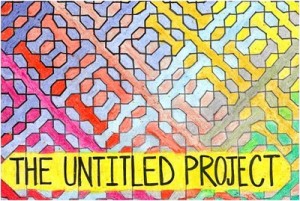
The Untitled Project
answers by Kevin Davies
Here’s Antonio’s question -
If you would have to single out a quality between dialogue, plot or character, which one is the strongest in your play/piece, and why?
Typically an audience overhears dialogue; it is a conversation that the audience hears but in which they can not take part. The Untitled Project turns this convention on its head by making the contribution of the live audience central to the action. If we had to label one of those qualities strongest, we would pick dialogue because it motivates the drama even as we push the boundaries of its form.
Here’s Karen’s question -
What has been the most surprising or unexpected thing that’s happened during this play? Did that wind up taking the play in a new direction?
The original idea for the show was that it would be about experiences of a theater company devising a work and the difficulties they encountered in the process. We were surprised by our capacity to divine the future, though our story has a happier ending than the show’s.
Here’s Anne’s question -
What do you think is the central theme and reason this play was conceived?
We were interested in the relationship between the audience watching theater and the people making it, particularly as we pave our own theatrical paths as young, new theater makers. More generally, we wanted to make a play that challenges the gap between audience and actor in terms of their physical spacing and their agency over the course of events. We wanted to explore to what extent this fundamental distance might be investigated in a new way.
Here’s Stephen’s Question -
Why should the audience (we) go to your play? What will the audience learn about the “human condition” by going to your play?
Theater is a product; you buy a seat at a show, setting aside as your own a particular time and a particular vantage point from which you will witness a live event. But theater is also a process, and that process is interesting to explore in a production because it allows the audience to take something with which they are familiar–theater–and observe it from a place that is unique and new. You should come see our show because it will challenge you to adapt to a dramatic experience that is unique and new. In requiring you to give up what is familiar, the show allows you turn a critical gaze toward theatre and your own impact on the live event.
Here’s Sarah’s Question -
What is your favorite line from the play?
“I am going to hold my breath forever. “
Here’s Diánna’s Question -
What about this play do you feel most drawn to personally, and because of that, what message do you hope the audience walks away with?
There’s a moment in the show when an actor says, “I don’t want to be here. I can’t come here.” She is talking about what it is if like to be caught up in something greater than yourself. We’ve all begun those projects that take a life on their own, and we’ve all experienced what it is like to feel our control of a situation weaken and fray. What I find most compelling about the show is its engagement of people in this situation and how their violent, traumatic, and emotional struggle to set things right.

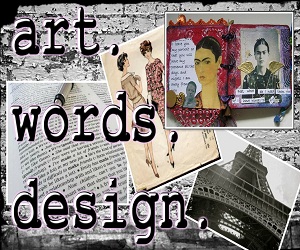
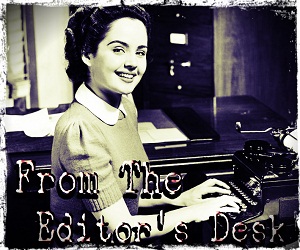
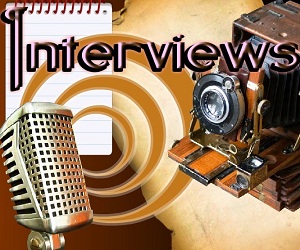
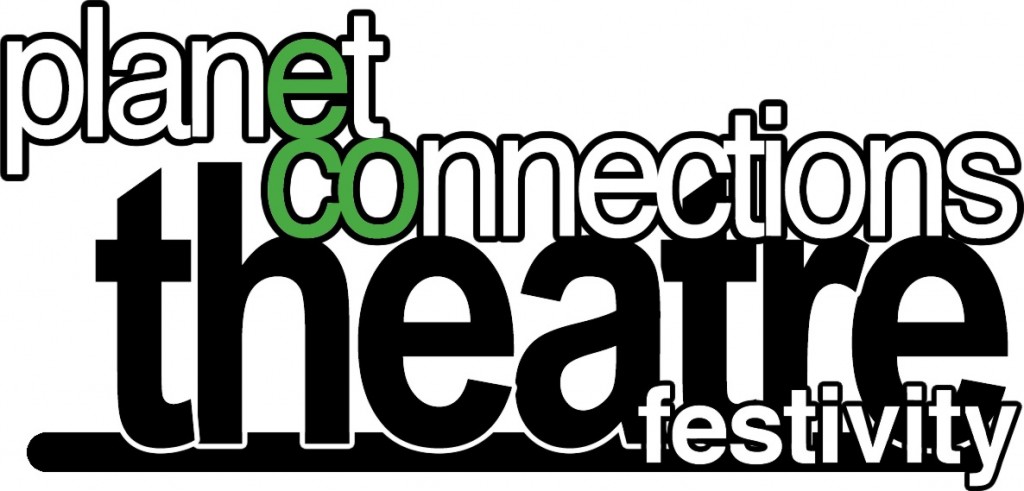




{ 0 comments… add one now }